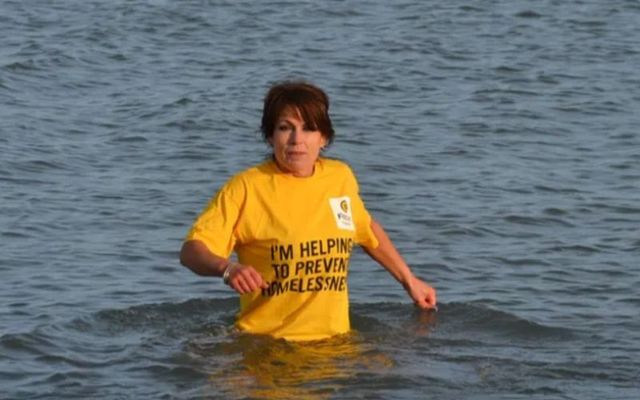A Dublin woman who was diagnosed with Parkinson's disease and dementia plans to skydive from 13,000 feet on her 60th birthday in order to raise funds and awareness for her condition.
Yvonne Lowe, 59, who previously worked as a healthcare assistant before her diagnosis, was diagnosed with both Lewy Body Dementia (LBD) and Parkinson's Disease just over four years ago and is a patient of the Dublin Neurological Institute (DNI) and the Mater Hospital.
Lowe plans to take on the daunting skydive at the Irish Parachute Club on June 17 in a bid to raise €40,000 for the DNI.
"They're excellent, I'm going to try get up to €40,000 they do brilliant work," Lowe told DublinLive.
"They have a fantastic Parkinson's Disease nurse there and a very good service for the public.
"All the services they supply down there are fantastic and they're really looking for help," she added.
Lowe, who will be celebrating her 60th birthday on the day of the skydive, said the fall will take roughly 35 seconds.
Lowe has been advised to keep active to help slow the progress of her condition.
She told DublinLive that she is also hoping to raise awareness for LBD by jumping out of an airplane at 13,000 feet.
She said LBD is one of the most common forms of dementia but added that many people are unaware of it and its symptoms.
"There's no scan out there to show them that you have Lewy Body Dementia in your brain, they have to wait until you die and you have to donate your brain or a SPECT scan. They can only actually treat the symptoms but they haven't got a biomarker yet," Lowe told DublinLive.
"It's too complex. It's more complex dementia than Alzheimer's."
She added that LBD affects short-term memory, while it is also responsible for mood swings, hallucinations, and fluctuations in energy levels.
Lowe said she was diagnosed with Parkinson's at the age of 56 and was later diagnosed with "dementia issues" within a year of her initial diagnosis.
"It's looking like I have Lewy Body Parkinson's with dementia. I've been told to keep active, keep exercising, and doing reading as much as I can and quizzes is good for Parkinson’s disease, especially for the cognitive side of things."
She added that medication is also helping to "slow the process down".
Click here to donate to Lowe's campaign.




Comments